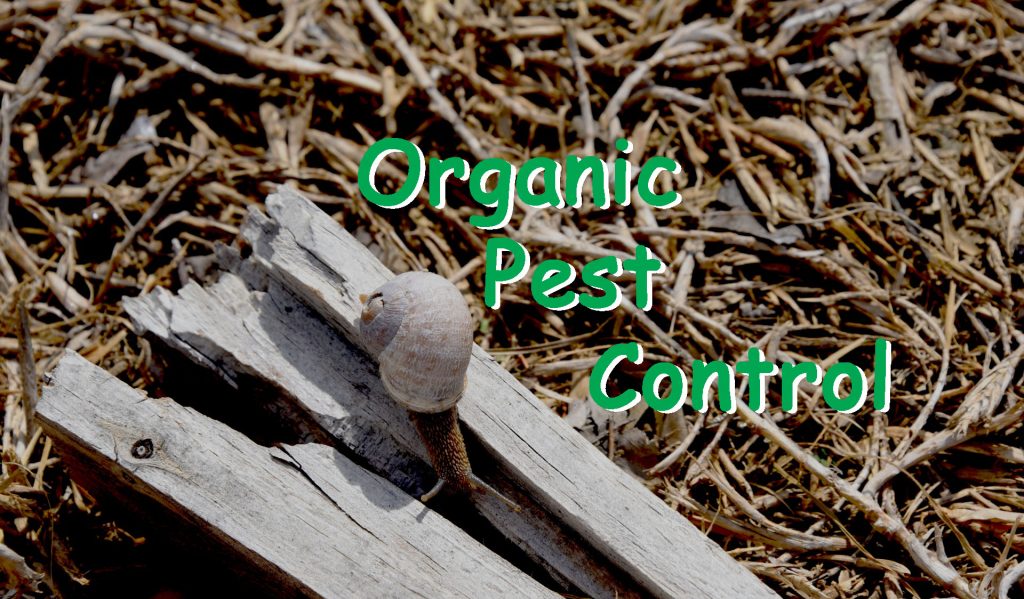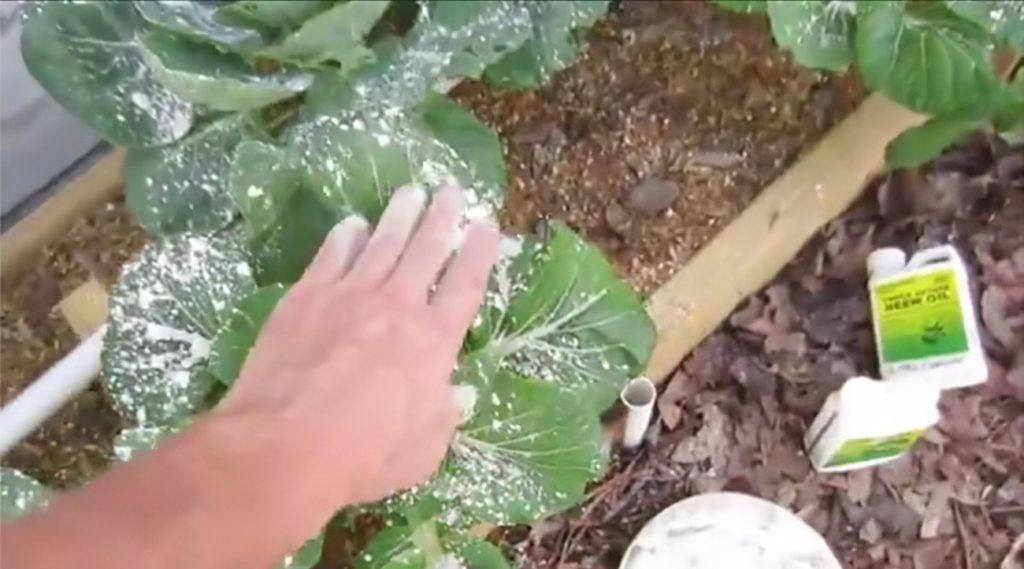Pests are creatures, plants, or animals that cause a nuisance or harm to human beings. Despite their disadvantages, some pests are beneficial in many ways. For example, bees pollinate flowers and crops, which is beneficial for humans because they produce food and honey. Some pests can be highly harmful such as cockroaches which transmit diseases and make homes dirty. Some pests, such as mosquitoes, can spread diseases like the West Nile Virus.
Some pests are native, which means they are a part of the ecosystem, and because they are native, you cannot eliminate them quickly. However, some pests are invasive, which means they have been introduced to a place and have disrupted the environment by taking over food sources or spreading diseases. Invasive species such as zebra mussels, Asian carp, and Burmese pythons have overrun their habitats, making it difficult for native species to thrive in those places.

While the winter and the holidays have brought a period of respite for many of you, now is not the time to slay off on your home cleaning regimen. Instead, the spring season is coming up soon, and you want to be as prepared as possible for bugs and pests that come out in droves during this time. So what can you do to have Termite & Pest Control over your homes? Here are five top tips.
- Become Aware of What Kind of Pest Problem You May Have
Different pests need different methods to be exterminated. First, you’ll want to figure out what kind of bug you’re dealing with; not all of them can be killed off the same way. You’ll want to talk with a professional first and foremost; they can tell you exactly what method will work best for your home and your problem.
- Create A Treatment Plan
So now that you know where your problem may lie, you need to figure out how much time and money you can commit to getting rid of it. Take the time to create a treatment plan, and determine what needs to be done and when; it’s best to take notes during this process so that you have everything documented while seeking assistance.
- Clean Up Your Surroundings
You want to ensure that as much of the standing water as possible is eliminated. Standing water is a breeding ground for many pests, and by eliminating it, you can reduce the risk of your having a problem, to begin with. Pests love moist areas, so you want to get rid of all standing water as part of the first step of your treatment plan. Pesticides and other chemicals will not be effective if all of the standing water is still present, so take precautionary measures to ensure that the problem is dealt with properly at its source.
- Set Aside a Budget and Stick to It
It may seem like the most challenging tip here, but this step is essential for ensuring that you are not unrealistically going about pest control. You’ll want to make sure that you set aside a realistic budget for the measures you take to kill off any pests. A lot goes into pest extermination, and many of the methods are expensive, so it’s crucial that you take this step seriously and don’t underestimate your costs.
- Watch Out for Your Health
It may seem odd to worry about, but some people are more sensitive to pesticides than others. If you happen to be one of these individuals, you’ll want to make sure that you’re paying particular attention to what’s in your home and how safe it is. You must do the best job possible in making sure your family stays healthy; if they get sick, they’ll need medical attention, which will cost money.

Though these tips may seem overwhelming, you must take them seriously. Pest control is not to be taken lightly, so you need to dedicate yourself to this process. Many of the steps are easy, but some are a bit more difficult; when taking action in any area, you must put in the time and effort to see that your home is bug-free and pest-free.




